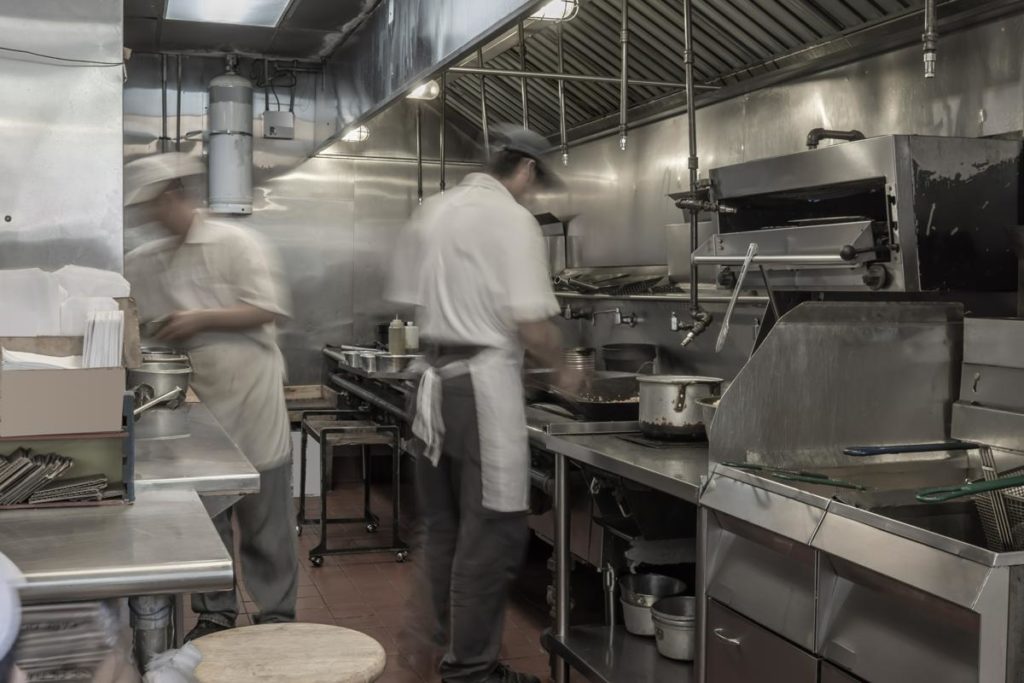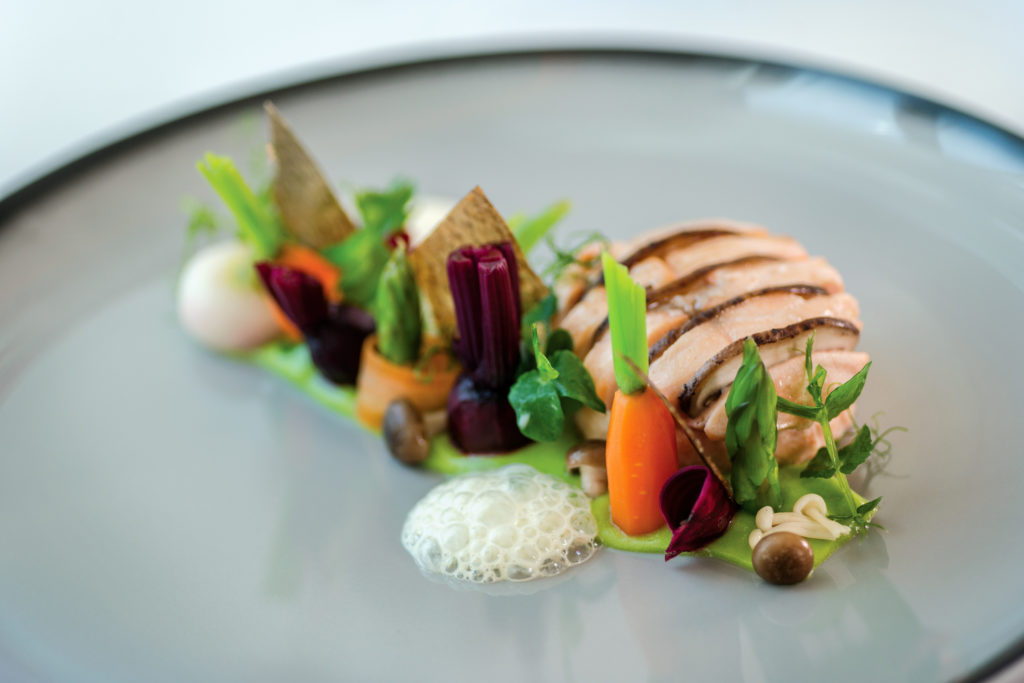There are plenty of myths about the cooking process, like the persistent old-wives’s tale that adding oil to pasta water will prevent sticking. (It won’t!)
But we’re going to discuss some broader cooking myths. These are the fictions that lead to unrealistic expectations when cooks enter the workforce. Whenever we embark on a new career, we should do so with our eyes wide open.
So here are four cooking myths that culinarians should lay to rest before they enter the kitchen.
Myth #1: All Chefs Are Food Experts
All chefs have some food knowledge, yes. But you may be surprised to learn how niche that knowledge can be.
Some chefs have done all of their learning “on the job.” And a chef that spent 20 years working their way up the ranks in one type of restaurant may actually have a very limited expertise outside of that cuisine. A chef at an Italian restaurant, for example, may know less about making burgers than the average parent with burger-loving kids!
On the other hand, many chefs are devoted to the pursuit of knowledge, and possess a near encyclopedic recall of cooking techniques and terms from all over the world.
While different chefs have varying levels of expertise, anyone planning a future in food can get a good start in culinary school. These are the foundations that culinarians will continue to build upon for the rest of their careers!
Plus, culinary students have access to Chef Instructors that are there to teach, not to serve dinner to hungry patrons. This means they have plenty of time to answer questions and help students to perfect their technique. Even Chef Instructors are still learning new things every day.
“I think I’m probably learning more than I’m teaching. I work with 15 other chefs. That’s so much knowledge in one building. The students will teach me stuff, too!”
Escoffier Chef Instructor Emily Maddy
Myth #2: The Learning Ends After Culinary School
Non-cooks may think that after receiving a degree or diploma from culinary school, they will have learned everything they’ll need to know.
But in fact, there is always more to learn in the kitchen. Cooking styles and recipes change dramatically among regions, countries, states, and even cities. Texas BBQ is different from Memphis BBQ, which is different from Kansas City BBQ, which is different from Carolina BBQ — and that’s just one type of food!
“Learning in school and learning on the job are very much different from each other. Today classical cooking and learning the basics of true culinary arts skills is not taught in the career world, but in school you can learn that, and I feel that it is a core part of culinary arts that every chef should have the opportunity to learn.”
Anthony Avasakdi, Online Culinary Arts Graduate, Manager of Culinary & Operator Support Services, Ventura Foods
Plus, trends are always changing and evolving. These days, there are new cooking methods that the chefs of the past had never dreamed of. And consumer preferences change over time as well, like Gen-Z’s desire for food from many cultural traditions.
While cooks and chefs should continue learning throughout their careers, starting with the basics at culinary school gives graduates a foundation to build on. Beyond practicing the essentials like knife skills, seasoning techniques, and baking, Auguste Escoffier School of Culinary Arts students will broaden their horizons with World Cuisines and the Farm to Table® Experience, where they’ll focus on sustainability and local ingredients.
After school, cooks and chefs can continue to build on their education and take inspiration from culinary traditions all over the world.
Myth #3: Kitchens Are Chaotic
When many of us think of a commercial kitchen, we think of flare-ups under a stainless steel pan, a half dozen cooks racing around, the clang of pots and pans, and a grouchy chef shouting orders at people.
While kitchens can be noisy, they’re much more organized than they first appear. In fact, most of the noise you’ll hear in a kitchen is ambient noise — oil sizzling in a fryer, a hood vent whirring over the grill, the dishwasher chugging away.
Communication among cooks has to rise above this background noise, which can add to the din. But extraneous conversation is often discouraged in the kitchen, to make sure important messages don’t get lost. And the shouting chef, barking orders and insults at everyone? Fortunately, a relic of the past.
“[With] old-school European chefs, throwing things was not unusual… Yelling, screaming…that kind of stuff doesn’t happen much in kitchens anymore. We’ve evolved as an industry.”
Escoffier Chef Instructor John Hummel
To keep the kitchen organized and safe, many chefs have rules about communication. When the executive chef issues an order, for example, the proper response is “Yes, chef,” or “heard, chef,” so they’re sure you got the message. And when you walk behind another cook, most kitchens require you to speak up by saying, “Behind,” or some variation. This prevents you from backing into a hot pan or pot of boiling water.
Many kitchens also control who on the line can communicate with the front of house staff. If there are three or four servers all making verbal requests to the line cooks, it will get chaotic! To prevent this, servers are often required to communicate with one person in the kitchen — often a manager or dedicated food expeditor (expo for short). Then that person will communicate to the sous chef or lead line cook.
This organization is meant to prevent chaos through the ambient noise and make sure the back of house and front of house are communicating effectively.
Escoffier students often get their first taste of this system in their industry externships. All students, both on-campus and online, will complete a culinary externship in a working kitchen before they graduate. This hands-on experience often introduces students to the realities of life in the kitchen and helps them build good habits of communication and teamwork.
Myth #4: There’s Only One Right Way
Unlike some disciplines, much of cooking is subjective. In one kitchen, you may perfect your presentation to the executive chef’s specifications — only to find at your next job that your new boss prefers a completely different style.
While there are some hard and fast rules — keep your knives sharp, prepare your mise en place first — many methods and recipes will alter dramatically among restaurants, even if they serve the same general cuisine.
Beyond recipes, each restaurant will also have its own management style and workflow. To continue to grow, chefs have to be open to new ideas and new methods. Then, when they run the show, they can combine what they’ve learned throughout their careers into their own functioning kitchen.
The Truth About Cooking
All culinarians can benefit from a set of foundational skills, like the ones that they’ll learn at Escoffier. This preparation will set the stage for the lifetime of learning they have ahead of them.
That’s part of the fun of this exciting profession — learning new things, and trying them out in the kitchen!
If you’d like to learn more about studying the Culinary Arts or Pastry Arts at Escoffier, contact our admissions department.
To learn more about the world of the chef, try these articles next:
- What It Takes To Be An Executive Chef
- Your First Job in a Professional Kitchen
- A Brief History of the Michelin Star Rating
This article was originally published on January 21, 2016, and has since been updated.

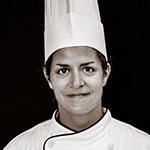 “I think I’m probably learning more than I’m teaching. I work with 15 other chefs. That’s so much knowledge in one building. The students will teach me stuff, too!”
“I think I’m probably learning more than I’m teaching. I work with 15 other chefs. That’s so much knowledge in one building. The students will teach me stuff, too!”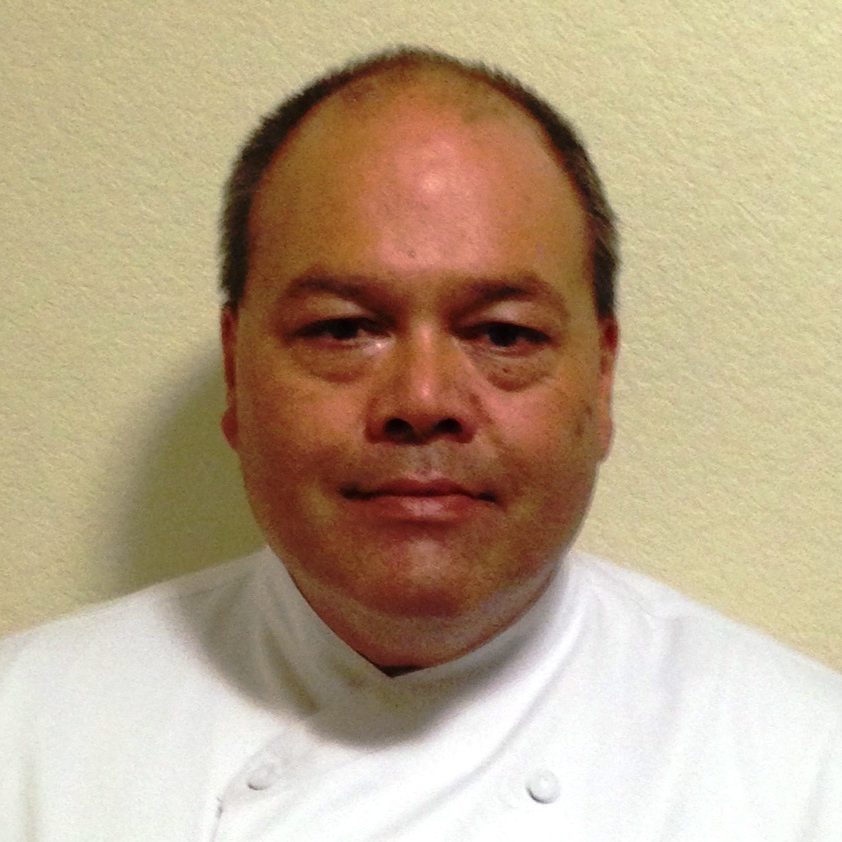 “Learning in school and learning on the job are very much different from each other. Today classical cooking and learning the basics of true culinary arts skills is not taught in the career world, but in school you can learn that, and I feel that it is a core part of culinary arts that every chef should have the opportunity to learn.”
“Learning in school and learning on the job are very much different from each other. Today classical cooking and learning the basics of true culinary arts skills is not taught in the career world, but in school you can learn that, and I feel that it is a core part of culinary arts that every chef should have the opportunity to learn.”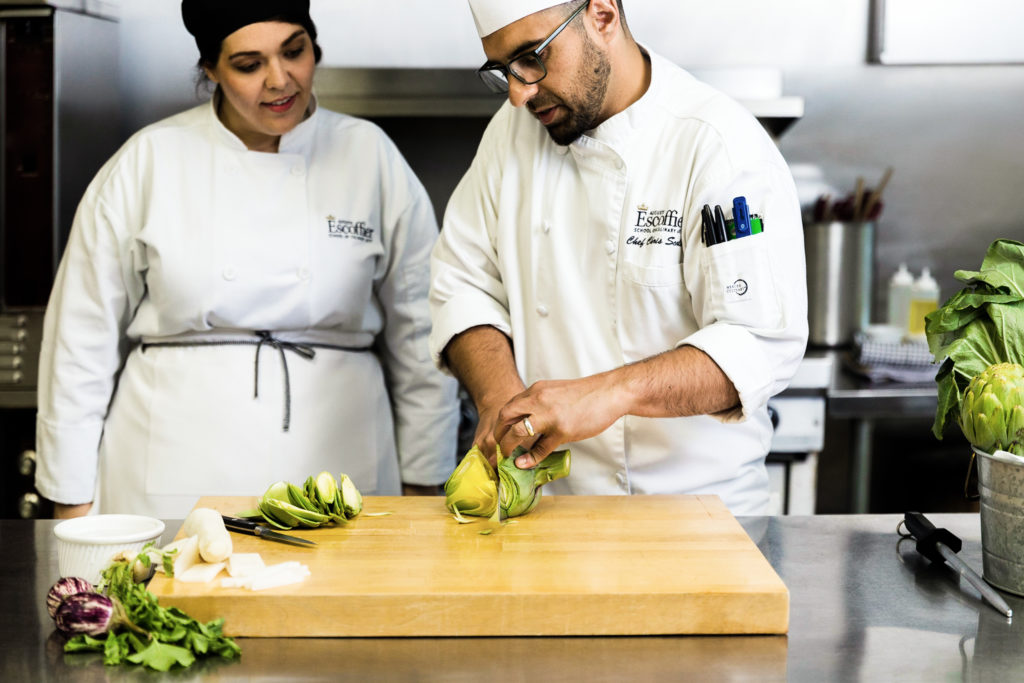
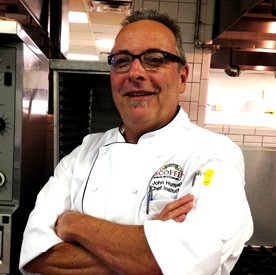 “[With] old-school European chefs, throwing things was not unusual… Yelling, screaming…that kind of stuff doesn’t happen much in kitchens anymore. We’ve evolved as an industry.”
“[With] old-school European chefs, throwing things was not unusual… Yelling, screaming…that kind of stuff doesn’t happen much in kitchens anymore. We’ve evolved as an industry.”